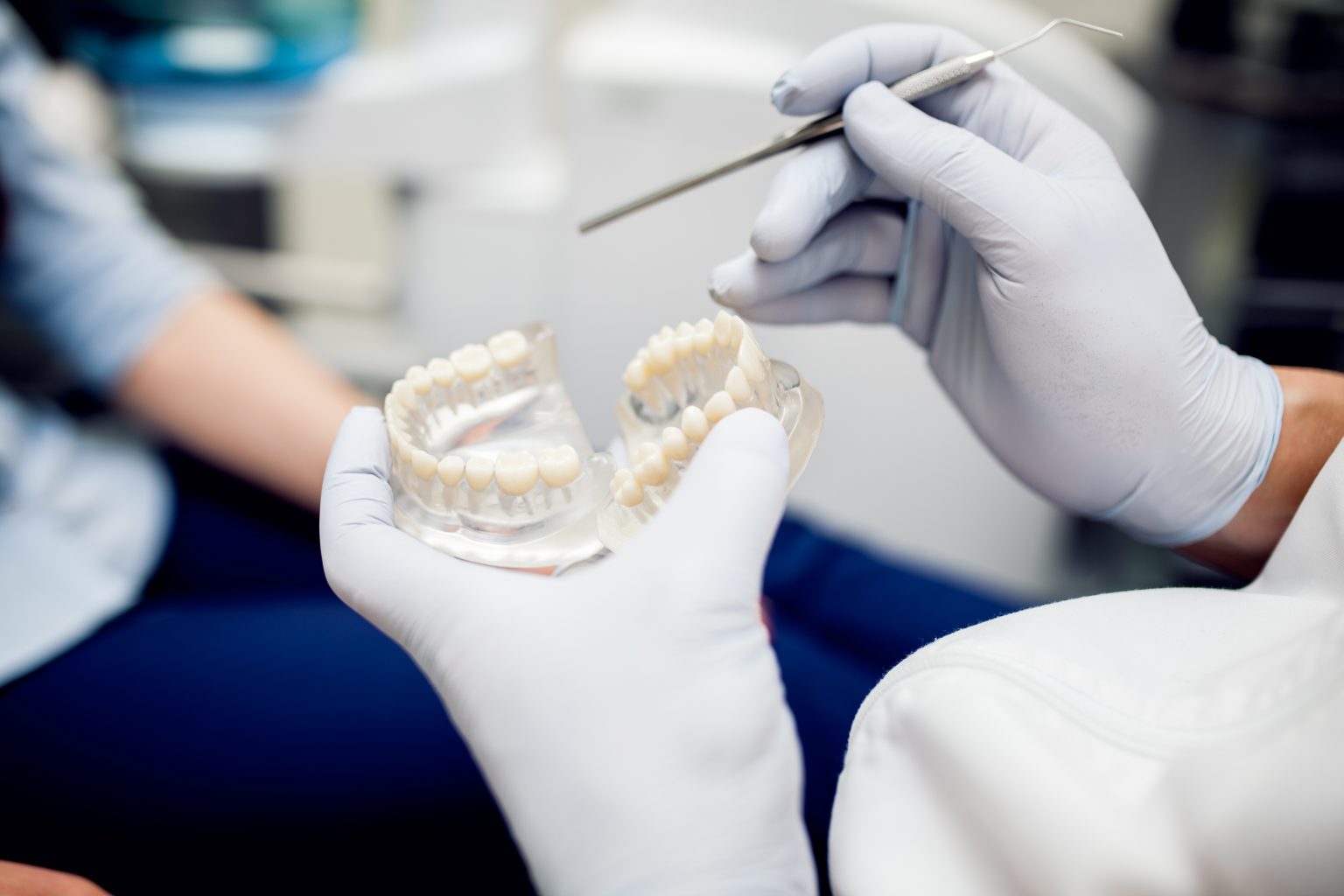Wisdom tooth extraction is a common dental procedure that many individuals face at some point in their lives. One of the crucial considerations surrounding this dental intervention is the age at which it is performed. While wisdom teeth typically emerge during the late teens or early twenties, the optimal time for extraction can vary. In this comprehensive blog, we’ll delve into the significance of age in wisdom tooth extraction, exploring the factors that influence the decision, potential consequences of delaying the procedure, and the importance of individualized care.
Understanding Wisdom Tooth Emergence:
Before we dive into the age aspect, it’s essential to understand the natural process of wisdom tooth emergence. Wisdom teeth, also known as third molars, usually start coming in between the ages of 17 and 25. However, not everyone experiences issues with their wisdom teeth. Some individuals have sufficient space in their jaws for the molars to emerge without causing complications, while others may face challenges such as impaction, crowding, or misalignment.
Why Age Matters in Wisdom Tooth Extraction:
- Prevention of Complications:The age at which wisdom teeth are extracted plays a pivotal role in preventing potential complications. Younger individuals often experience faster healing and recovery, reducing the risk of post-surgery complications. Additionally, removing wisdom teeth early can prevent issues like impaction, which occurs when there is not enough space for the tooth to fully emerge.
- Easier Extraction Process:Wisdom teeth extraction is generally easier in younger patients due to the roots not being fully developed. The roots of the teeth are not fully formed until the later teen years or early twenties, making the extraction process less complex and more straightforward.
- Preventing Orthodontic Issues:Wisdom teeth can exert pressure on the adjacent teeth, leading to misalignment or crowding issues. Addressing this concern at a younger age can contribute to maintaining the alignment achieved through orthodontic treatments, preventing the need for additional interventions later in life.
The Optimal Age for Wisdom Tooth Extraction:
While the late teens or early twenties are often considered the optimal age range for wisdom tooth extraction, the decision is highly individualized. Dental professionals evaluate various factors to determine the most appropriate timing for each patient. These factors include:
- Developmental Stage:Monitoring the developmental stage of the wisdom teeth helps dentists assess the potential for complications. If there are indications of impaction or misalignment, early extraction may be recommended.
- Patient’s Overall Health:The overall health of the patient is a crucial consideration. Younger individuals tend to recover more quickly, but the patient’s general health and ability to undergo the procedure safely are paramount.
- Severity of Impaction:The degree of impaction, if present, influences the urgency of extraction. Severe impaction may necessitate earlier intervention to prevent damage to adjacent teeth and reduce the risk of infections.
- Individual Pain Tolerance:Some individuals may experience discomfort or pain as their wisdom teeth emerge, while others may not. The patient’s pain tolerance and response to emerging wisdom teeth are considered when deciding the timing of extraction.
Consequences of Delaying Wisdom Tooth Extraction:
- Increased Risk of Complications:Delaying wisdom tooth extraction can lead to an increased risk of complications such as infections, cyst formation, and damage to adjacent teeth. As wisdom teeth continue to grow and develop, the likelihood of these issues arising also increases.
- Orthodontic Challenges:Wisdom teeth can exert pressure on adjacent teeth, causing misalignment or crowding. Delaying extraction may result in the need for orthodontic treatment to address these issues.
- Higher Extraction Difficulty:As individuals age, the roots of their teeth become more fully developed, making extraction a more challenging process. Delaying extraction can result in a more complicated surgical procedure with a potentially longer recovery period.
- Increased Discomfort:Wisdom teeth that are left untreated can cause ongoing discomfort, pain, and swelling. By addressing the issue early, individuals can alleviate these symptoms and prevent further oral health problems.
Balancing Individual Cases:
It’s important to note that while there are general guidelines regarding the optimal age for wisdom tooth extraction, each case is unique. Dental professionals assess the specific circumstances of each patient to determine the most suitable course of action. Factors such as the patient’s overall health, the presence of symptoms, and the potential for complications guide the decision-making process.
Conclusion:
In the realm of oral health, age indeed matters when it comes to wisdom tooth extraction. The decision to extract these molars is not solely based on a predetermined age range but rather on a combination of factors that are unique to each individual. Timely intervention can prevent complications, ease the extraction process, and contribute to overall oral health. If you’re experiencing symptoms related to your wisdom teeth or are unsure about the need for extraction, consult with a dental professional who can provide personalized guidance based on your specific circumstances. Remember, a proactive approach to oral health can lead to a lifetime of smiles.




